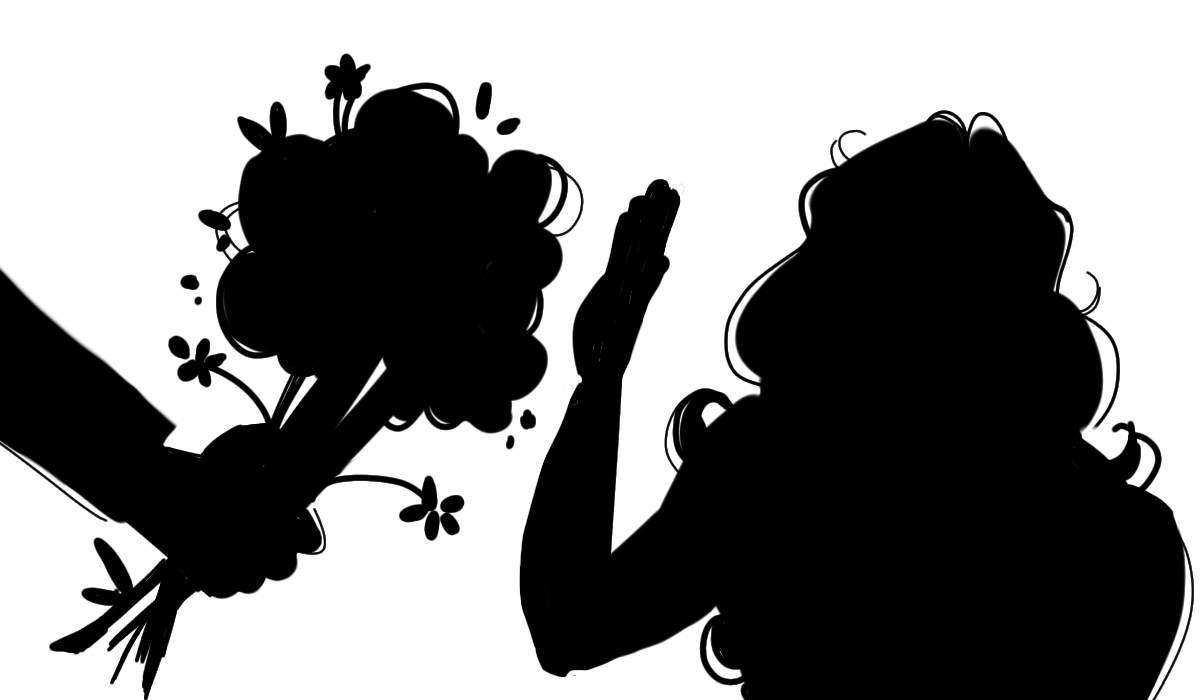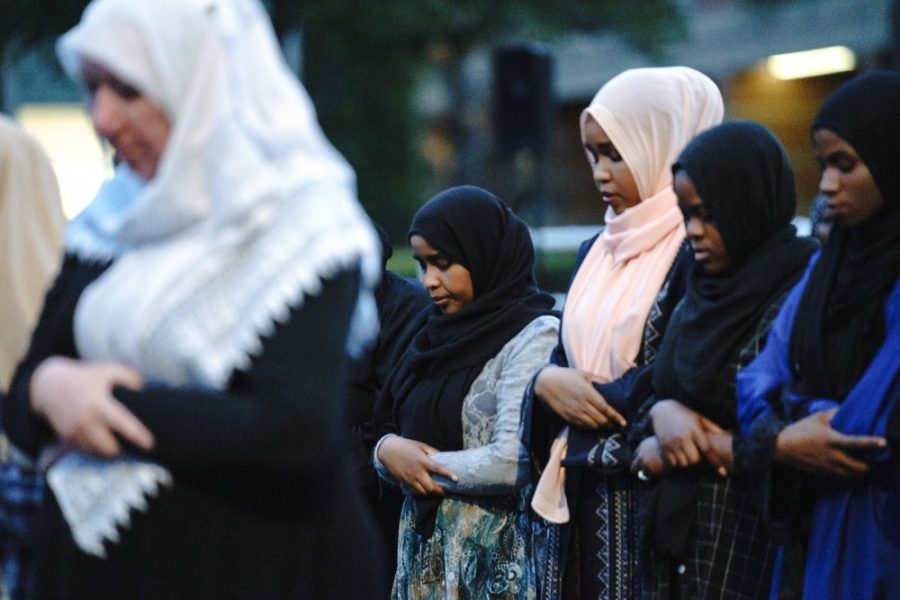In the history of its existence, no one has ever accused the World Wide Web of being a friendly or accepting place. As last fall’s Gamergate controversy showed us, the male-dominated corners of the Internet can be especially hostile toward anything female-centered. It comes as no surprise then that recent pushes for greater representation of women in film and television have already found their critics online. For every program that passes the Bechdel test, there is a men’s rights group waiting to cry reverse sexism.
Though a perfect world might have no need of an attention to gender representation both behind and in front of cameras, spotlighting the continued disparity between the number of opportunities for female stories and storytellers versus their male counterparts is a vital part of the fight for equality.
When Warner Bros. announced last October that they would exclusively seek out female directors for its 2017 “Wonder Woman” film, top comments on lifestyle websites like Forbes read, “This is just stupid. It doesn’t matter [whether it’s] a man or woman. Just make it a good movie.”
These comments, usually left by male users, are representative of an unfortunately popular online trend in which the most “equal” course of action is seen as the most sensible, hundreds of years of white male dominance be damned.
When seasonal favorite “Orange is the New Black” premiered its second season last June, The Atlantic ran a column claiming that the show’s depiction of men was “irresponsible.” In response, Feministing columnist Mychal Denzel Smith pointed out that “… when you tell stories about women, you need not be obligated to additionally tell the stories of men.”
Smith’s observation cuts right to the heart of the matter: the double standard that men’s rights groups force on women. If these individuals truly believe in a “we should just pick the best person for the job” approach, then they should become equally incensed when Sylvester Stallone forces an all-male cast for his “Expendables” movies, or when the Academy of Motion Picture Arts and Sciences somehow fails to nominate a female director for Best Director five years in a row. Clearly, these men only pay attention to the issue when women are given a rare chance in the spotlight and male dominance is threatened.
It’s also worth noting that these new opportunities for women are hardly a fast-pass to success. If anything, female directors must work even harder than men to prove their value. In an interview with Fast Company, Lexi Alexander describes her rather tragic reasoning behind turning down the “Wonder Woman” gig.
“We finally get Wonder Woman with a female director: imagine if it fails? And you have no control over marketing, over budget. So without any control, you carry the fucking weight of gender equality for both characters and women directors. No way.”
As talented as Cuarón or Fincher may be, they are able to operate simply as directors without the societal baggage that comes with the more daunting moniker of female director.
As for what comes in front of the camera, things do seem to be looking up with season three of “Orange is the New Black” having debuted on June 11 without any men’s rights criticisms thus far. (Though it’s only been six days, so give ‘em time.) ABC and The CW networks are both featuring programs with a record number of female protagonists this fall, and there is even some discussion over whether or not the oft-discussed Bechdel test is a useful standard anymore, perhaps setting the bar for gender-diverse content too low.
While it might seem odd that the journey toward equality involves giving one gender special consideration, ponder the fact that it has not even been a full century since that same group fought for the right to vote, much less to have the opportunity to tell their stories on camera.








